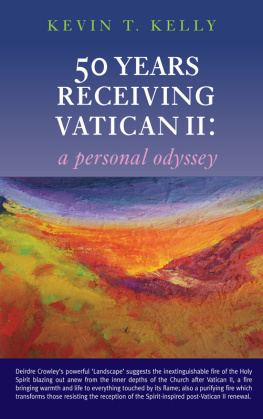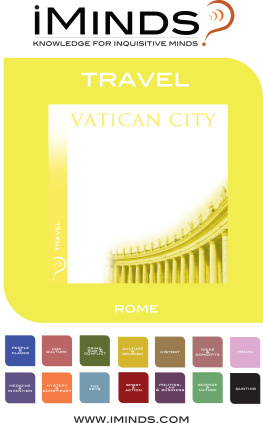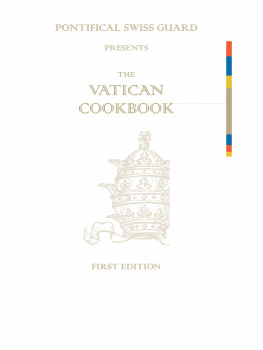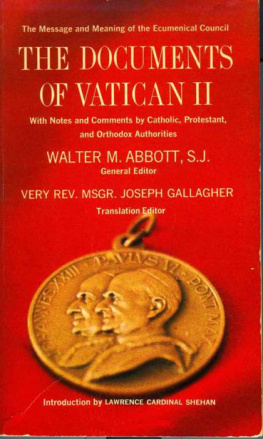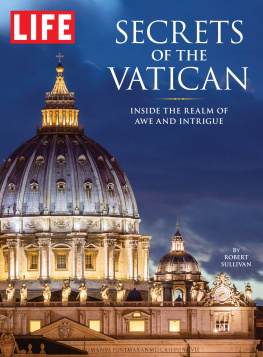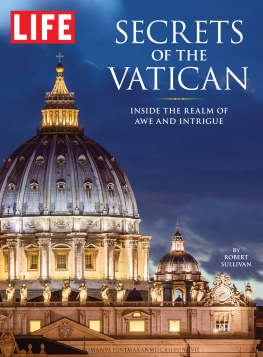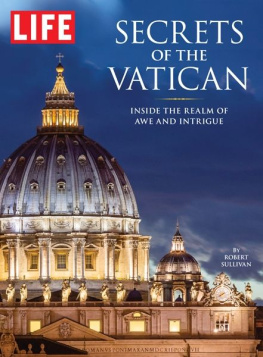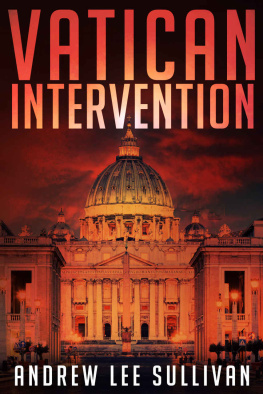Kevin T. Kelly
All royalties from the publication of this book will be donated equally between CAFOD and Trcaire according to the authors wishes.
Copyright @ 2012, Kevin T. Kelly
KEY TO ABBREVIATIONS
Vatican II Documents
| LG | Lumen Gentium Constitution on the Church |
| GS | Gaudium et Spes Pastoral Constitution on the Church in the World of Today |
| SC | Sacrosanctum Concilium Constitution on the Sacred Liturgy |
My own published books
| NDMT | New Directions in Moral Theology: The Challenge of Being Human, London, Geoffrey Chapman, 1992 |
| NDSE | New Directions in Sexual Ethics: Moral Theology and the Challenge of AIDS, London, Geoffrey Chapman, 1998 |
| FPB | From a Parish Base: Essays in Moral and Pastoral Theology, London, Darton, Longman & Todd, 1999 |
Unfortunately, all the above are out-of-print. However, the respective publishers have kindly given me permission to make the texts available, free of charge, online. Courtesy of Liverpool Hope University, they can be accessed at the following address (alongside a comprehensive bibliography of my other writings):
http://www.hope.ac.uk/theology-religious-studies/kevin-t-kelly.html
Other Abbreviations
| CDF | Congregation for the Doctrine of the Faith |
| UNI | Upholland Northern Institute |
| ICEL | International Commission for English in the Liturgy |
| CDW | Congregation for Divine Worship |
| EE | Ecclesia de Eucharistia | Encyclical on the Eucharist in its Relationship to the Church |
FOREWORD
Vatican II opened on 11 October 1962. I had been ordained as a priest four years previously in 1958. Hence, receiving Vatican II has been a major inspiration for most of my fifty-four years of service in the ministerial priesthood. Having experienced Catholic life prior to Vatican II, I am able to appreciate what a Spirit-inspired and transforming gift the Council has been to our life, liturgy and theological understanding in the Catholic Church. Moreover, receiving Vatican II is an ongoing process. The challenge at present is to keep that process alive and on course and to resist any temptation to backtrack in any way on the fundamental vision and spirit of Vatican II. When I get the impression, as at present, that this seems to be what is happening, it pains me very deeply. It is like discarding or even burying a precious treasure that has been offered to us by the Spirit.
In the fifty years following Vatican II I have had the great privilege of being involved in pastoral work in a variety of challenging and very exciting parish settings. During those years I have also taught and written as a moral theologian. Whenever possible, I have tried to combine both these ministries at one and the same time. I hope that has added a special pastoral dimension to my talks and writings over the years. My hope has been that, in their various ways, these different facets of my ministry have all been inspired by the spirit and teaching of Vatican II. In fact, when I looked back at the end of five years involvement in Clergy In-Service Training and Adult Christian Education, it struck me very forcibly that the kind of work I had been doing was actually a form of remedial education, for myself as well as for others. It had been a case of trying to interiorise the spirit of Vatican II so that I could in turn share it with others. Because of my grass-roots pastoral involvement, many of my writings have dealt with practical issues affecting peoples everyday lives, often touching neuralgic moral issues, including how people have struggled to cope with teaching which they feel is contrary to their own experience or pastorally unhelpful in the complexity of their lives.
After I finally retired from parish ministry, I had more time to trawl through my writings and unpublished papers to see if any of them might still be pastorally helpful to people even in our changed situation of the early twenty-first century. For a while I found it difficult to see how I could give any kind of coherence to the items which I thought might possibly still be helpful to readers today. A hotchpotch of disconnected writings would not make an attractive book. Hence, I struggled for some time with this project, finding it difficult to summon up any enthusiasm for it. Perhaps also the ageing process was affecting my concentration and creativity!
Then the light dawned, thanks to my good friend and former teacher, Ladislas Orsy SJ, an inspired and inspiring canon lawyer, now in his late 80s. In the Epilogue to his Receiving the Council (Collegeville, Liturgical Press, 2009), he reminds his readers of the resounding cry Adsumus We are present and attentive to the Spirit - of the Bishops at the beginning of each days deliberations during the four years of Vatican II. He ends his book with the following proposal:
Whereas the years from 2012 through 2015 will be the fiftieth anniversaries of the Council, they should be solemnly declared the years of the Council when the entire people, from the bishops to the last of the faithful (Lumen Gentium, 2, quoting St Augustine), recalls the memory of the Sacred Council, studies its determinations, and exposes itself to the transforming light and force of the Spirit as the Council Fathers did. Over four years again, let the cry Adsumus, we are present and attentive, resound not within the walls of St Peters Basilica but throughout the face of the earth. The Spirit of God will not fail to respond (p. 152).
It suddenly struck me that the link unifying all my writings and pastoral experience was the reception of Vatican II. It has been my burning conviction that Gods Spirit was present and active within the Church and the world in a very special way in the Council; and that over the fifty years since then we have been given the privilege and responsibility of being channels of the Spirit enabling Vatican II to be made flesh in real life. That suggested to me an appropriate title for this book, 50 Years Receiving Vatican II. This reception process is something all of us in the Church are involved in and share a responsibility for.
It is not a simple process. It involves struggle. Not all in the Church see Vatican II in the way I do. Tragically, some even look on Vatican II as a disaster. My own belief is that it is greatest gift of the Spirit to the Church in our age. I feel that deeply in my bones, in my heart and in my mind. I know I am not alone in that. In fact, it was also the overwhelming conviction of the vast majority of the bishops attending the Council. So, although my enthusiasm for Vatican II is deeply personal, it is not something purely individualistic and subjective. I feel it links me to the faith of the whole church. This realisation has given me a sense of purpose. Maybe, by sharing some of my writings and reflections over the years since Vatican II, I might be able to make a little contribution to a combined Golden Jubilee process of rekindling the Spirit of Vatican II and giving a new impetus to the reawakening of its vision in the church.

